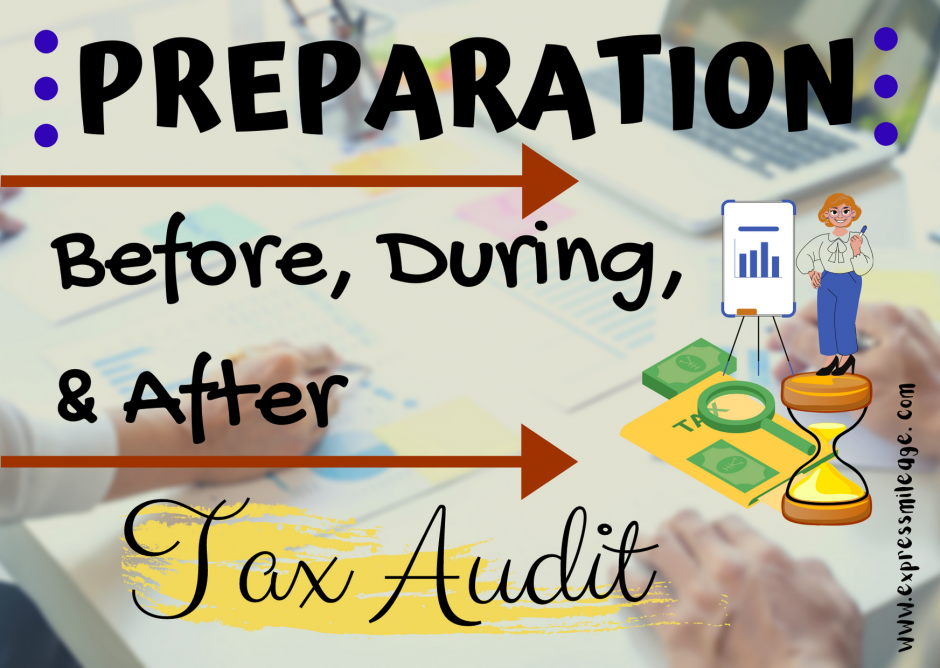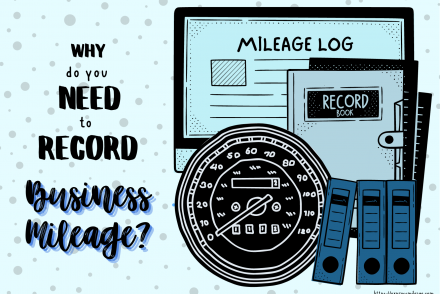Everyone in the business knows about IRS audits, and you could be audited for different reasons. To avoid IRS mileage audits, you should always log your mileage correctly using a reliable online mileage log generator and then it saves all the data appropriately and safely. These documents can become your proof in case the IRS begins asking. They will start looking into your accounts, and they never stop until they find an error. And the key to surviving a tax audit is not to be scared. Being prepared minimizes anxiety and frustration. Here are some tips for you on what is needed to prepare BEFORE, DURING, and AFTER a Tax Audit.
BEFORE AN AUDIT
- Plan ahead. The audit preparation is a year-long process. More time to put everything in the right place. By following schedules and reconciliations up-to-date throughout the year, you can lessen the time it takes to prepare for the audit at the end of the year.
- Know your rights as a taxpayer. Make sure you are doing the right thing and have enough knowledge when you face the IRS auditor.
- Seek professional help from your tax attorney or CPAs. You can ask things that are unfamiliar to you and discuss your rights and responsibilities in case an audit happens. It is recommended to seek guidance from an experienced Tax Lawyer and CPA.
- Educate your staff. Train them what to do when an auditor shows up to prevent possible questioning and knows who needs to notify when you are not around.
- Check your business records and make sure data are organized. Keep good records and make sure they are accessible, accurate, complete, and in compliance with the law. Use a mileage log maker that meets the requirements of the IRS. Pricing is affordable and reasonable.

DURING AN AUDIT
Be courteous, helpful, and professional. If you know you are a good compliant then you do not need to stress yourself or get anxious with your tax audit.
- Verify the auditor’s identity. Make sure it is the IRS personnel at your door. Ask if it has valid documents to present including his identity.
- Don’t make the IRS auditor estimate. Usually, a tax audit will define the year being audited. Make sure documents are ready to present and complete including invoices, receipts, or bank records for proof validation. An auditor can estimate your income and expenses and might impose a penalty if you failed to show incomplete records.
- Take pictures if it is allowed or make a note of the audit to some important points if you think you needed to remind yourself. Follow the auditor or ask if you can sit and observe the audit.
- Never volunteer extra information. If you are asked a question, answer it. Don’t add anything to your answer. Be vigilant and only answer questions that are directed to you.
- Ask questions. At the end of the audit, ask for a summary. Auditors are generally happy to answer accounting questions but most of them won’t entrust any specific information after the audit, but they should give you a general idea of whether there were missing proof or violations, and what to expect next.

AFTER AN AUDIT
If the auditor declared that you have a violation, you have the right to an appeal process. After considering an appeal and you want to proceed on the next step you will determine what to expect from your appeal. But before you proceed, an auditor must provide you a written report of violations, whether these are fixable and how, and what penalties are being imposed so that you and your lawyer know the proper actions to do.
If no violations are reported, inform your employees how it goes, what you’ve learned, and what you can do better the next time. For almost every business, there will always be next time, and being prepared saves the day.




